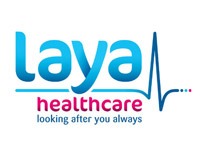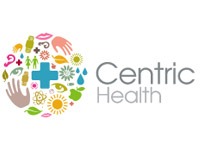Personalised and High Quality Foot Health Care
We offer a range of professional foot-care services based in the heart of Blanchardstown village.
- Restorative & Cosmetic Treatments
- Effective Results
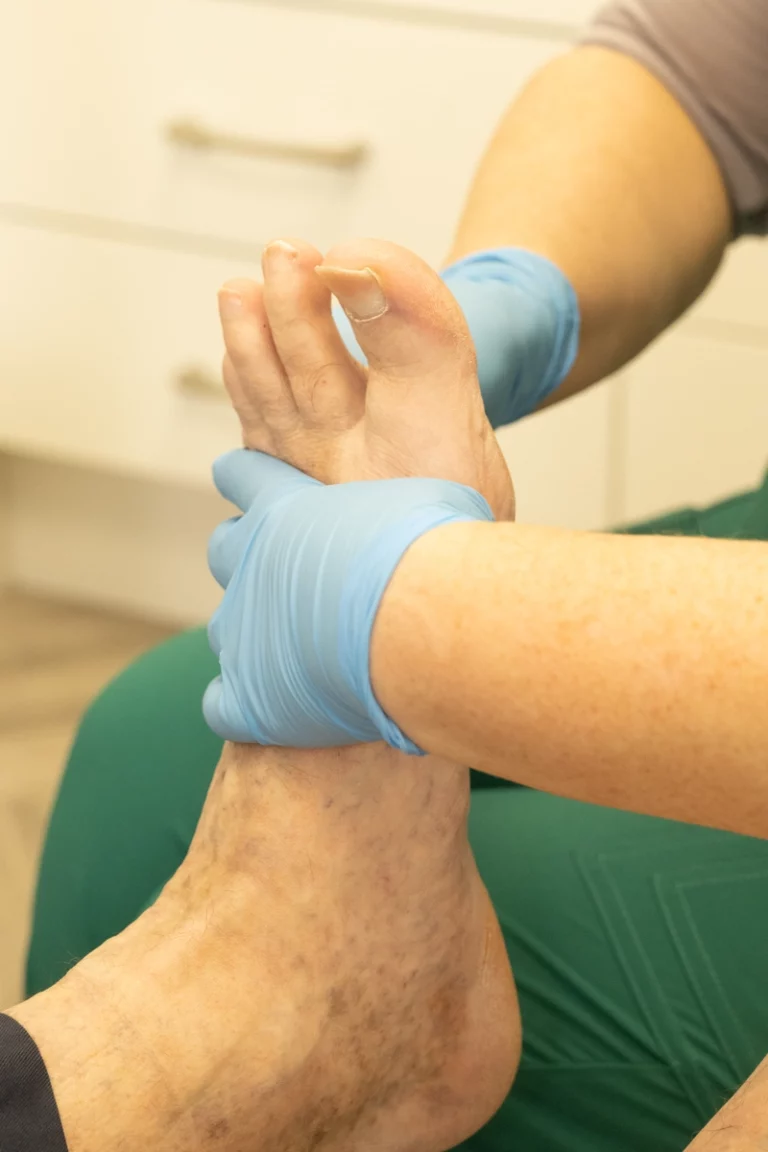
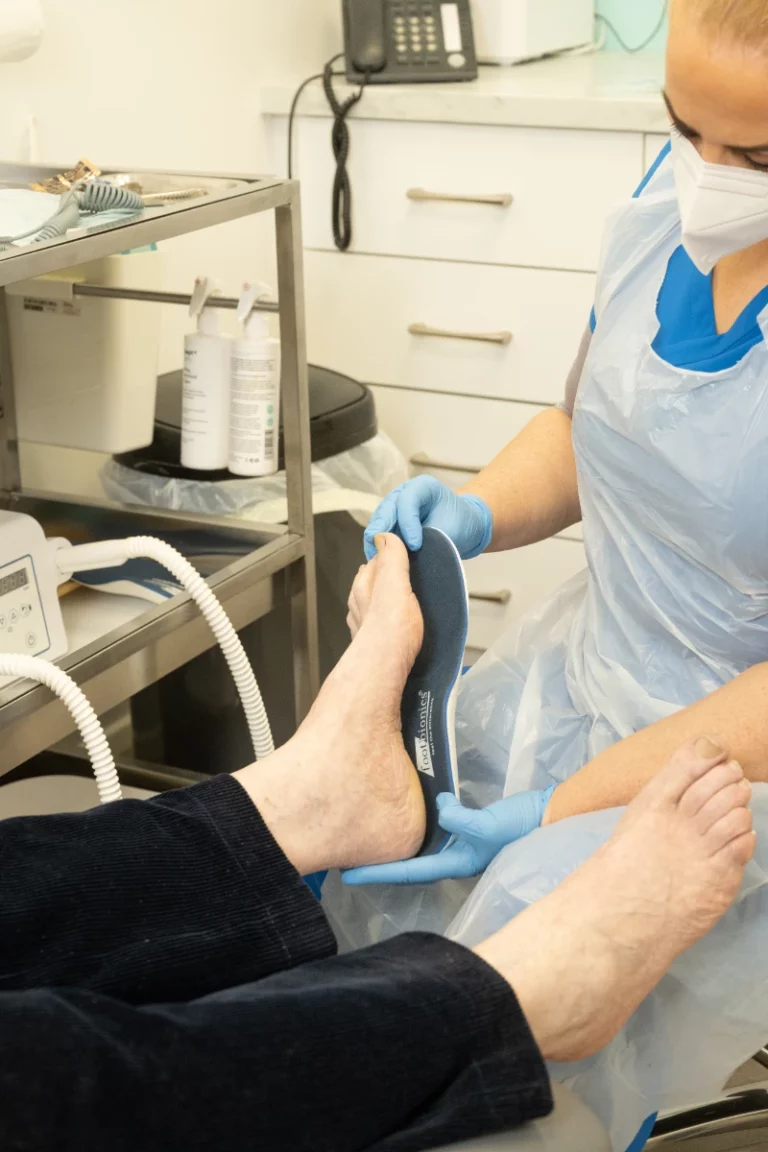
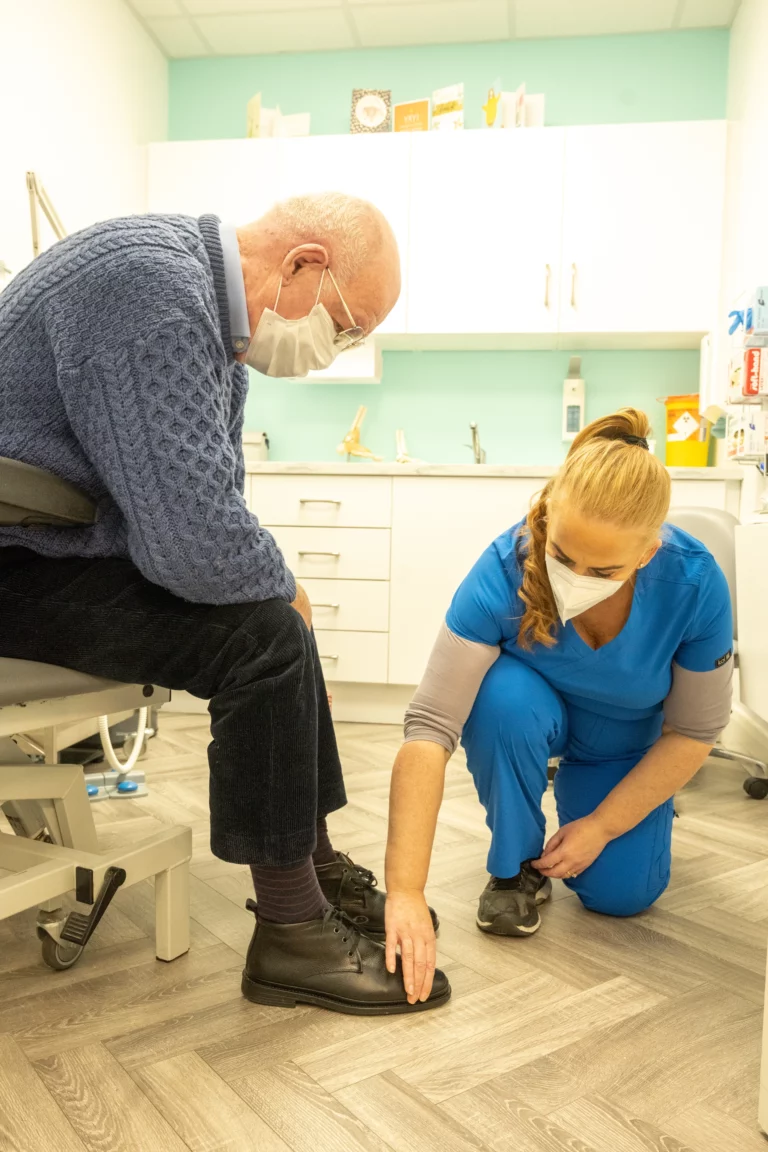
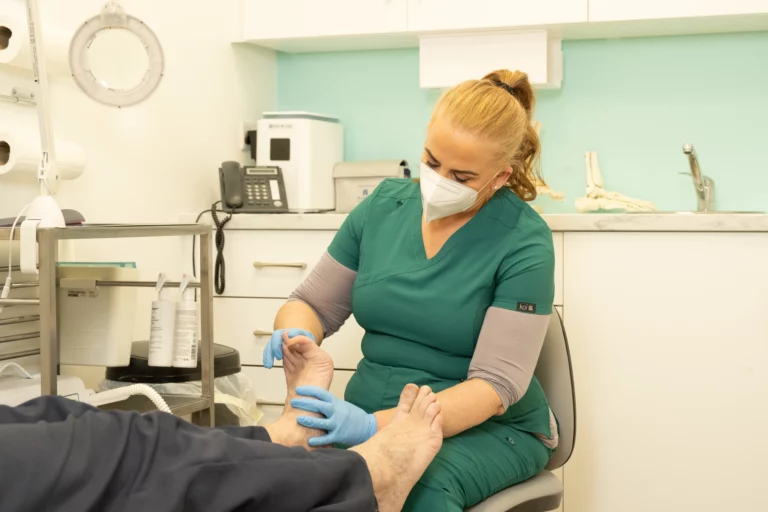
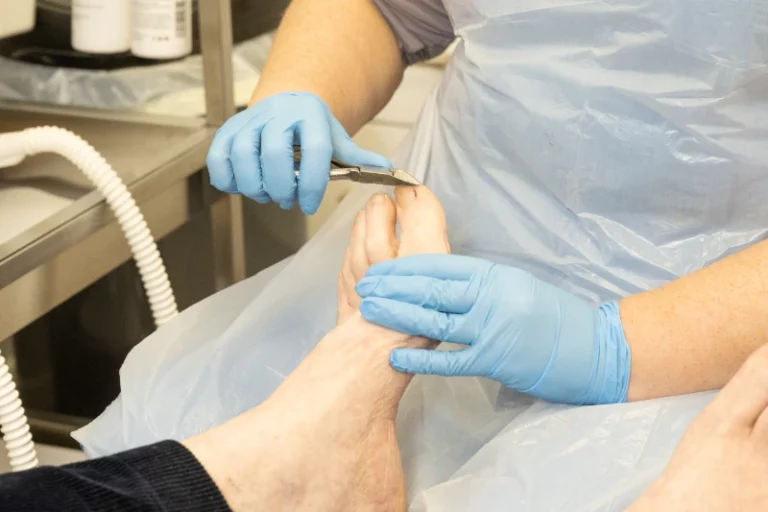
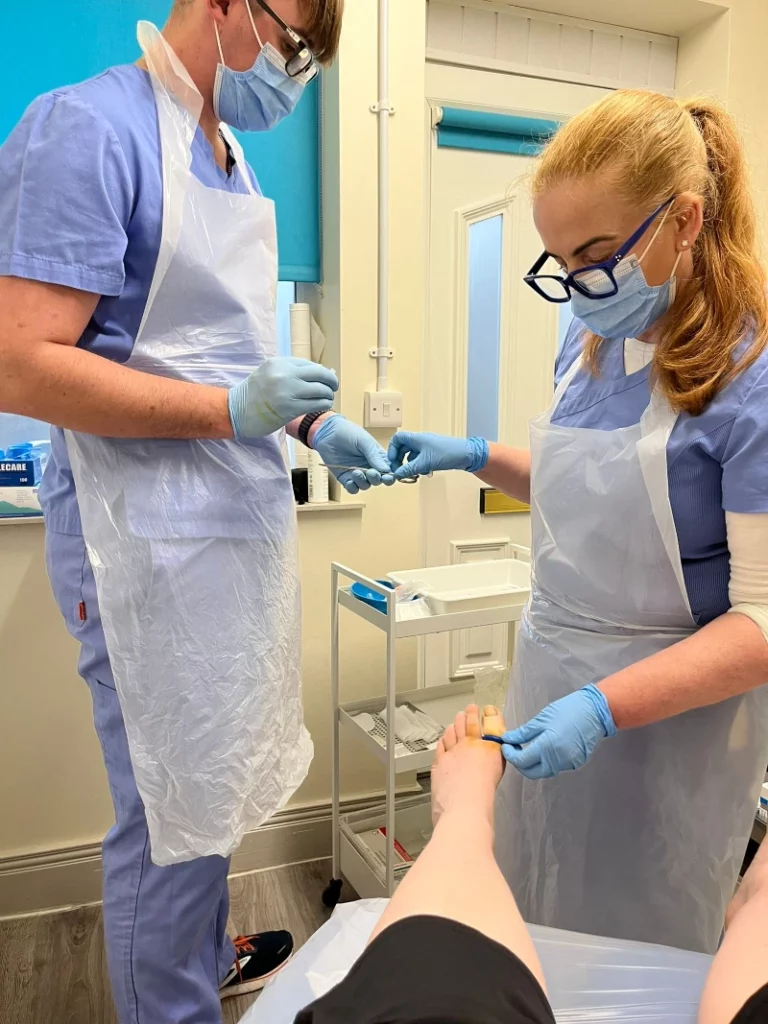
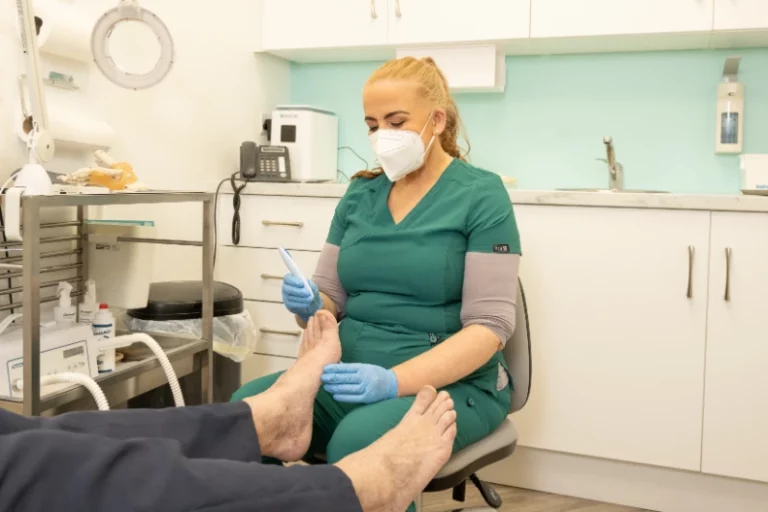
Working together to serve your foot health needs in all stages of life
Our foot health professionals believe in providing comprehensive foot health care services to our patients in a friendly, relaxed atmosphere. We also believe in educating our patients as we work with them to achieve the best foot health possible and we give all our patients a post treatment plan to enable them to manage any foot health issues in the comfort of their own home.
Professional Foot-Care Services
What we treat with expertise and care
Meet the team behind Reed Footcare Clinic
What our patients say about us
Trustindex verifies that the original source of the review is Google. Reed Footcare Clinic is simply the best in the area! Janette and her team are absolute professionals who provide exceptional care. • Top-notch Expertise: Janette's knowledge and skillset are truly impressive. She's clearly at the top of her game in podiatry. • Caring and Friendly: The entire team is not only knowledgeable but also incredibly friendly and compassionate. They made me feel comfortable and well-cared for throughout my visits. Having tried other podiatrists in the past, I can confidently say that Reed Footcare Clinic stands out. If you're looking for the best possible foot care, look no further! I highly recommend booking an appointment with Janette.Trustindex verifies that the original source of the review is Google. Friendly, Polite & Courteous They made My Day today ⭐️⭐️⭐️⭐️⭐️Trustindex verifies that the original source of the review is Google. I would highly recommend anyone thinking of having this procedure to go ahead with it in reeds. I’m only sorry I didn’t do it years ago! Janette was great she took her time and explained everything and made me feel really comfortable from the start. I had no pain at all just a pinch when I got the injection . I also like how she done the procedure by removing enough of the nail to remove the ingrown nail, but also leaving enough nail so it doesn’t look butchered. Reeds and Janette get ⭐️⭐️⭐️⭐️⭐️ from me thanks 🙏Trustindex verifies that the original source of the review is Google. Amazing staff . Thank you for keeping my feet healthy . See you again in June.Trustindex verifies that the original source of the review is Google. Life savers. Had a chronic toe infection and ingrown toenail but thanks to Reeds they were able to arrange a next day surgery and all the after care you could ask for. Pain and discomfort were instantly gone and haven’t looked back. Couldn’t recommend them enough, Janette was a true professional.Trustindex verifies that the original source of the review is Google. Picked this place because of 5 star reviews and have to add another one! I had ingrown nails for first time ever and had no idea what will be the procedure. Adam was amazing! Explained me everything, we had a great conversation, he happened to be one of those people that you talk for couple of minutes and feels like you know him for years. It was very pleasant experience! Thank you Adam!Trustindex verifies that the original source of the review is Google. I went to clinic with very painful ingrowing toenails .The procedure was fast enough.The pain gone .I was able to walk without pain straight after visit .Thank You so much .I already booked another appointment.Highly recommended .Thank You so muchTrustindex verifies that the original source of the review is Google. I can’t thank Janette enough for fixing a recurring ingrown toenail I had. Janette managed to cut it out and have it sorted very quickly and with very little pain. Can’t recommend her enough, she is so professional and explains everything so clearlyLoad more
Questions asked by our patients
What is a podiatrist?
Podiatrists are medically trained health practitioners that are specialised in the study, diagnosis and treatment of problems in the foot, ankle, and any related structures of the leg.
Why do my ankles swell?
Also known as edema, swelling in the feet and ankles may have a number of causes. If you do not have an acute injury, such as a sprain or strain, the most common causes of swollen feet and ankles are:
- Diabetes
- High blood pressure
- Lung disease
- Poor circulation
Chronic or repeated swelling in the lower extremities may cause a variety of complications, including ulcers and infections. Talk to a podiatrist as soon as possible.
Why do my heels hurt in the morning?
The most common cause of heel pain when you first wake is plantar fasciitis. You may feel similar pain when walking after sitting for a prolonged period.
Plantar fasciitis occurs when the plantar fascia, a band of tissue connecting the heel bone to the rest of the foot, becomes inflamed. During rest, the band becomes tighter. Stretching before putting weight on your feet can help relieve symptoms of plantar fasciitis.
What is an ingrown toenail?
An ingrown toenail is when the nail grows inward, curving toward the skin, rather than straight out. Ingrown toenails are typically painful, causing the skin around the nail to become red and swollen. If left untreated, the toe may become infected.
Please note that self-treatment for an ingrown toenail nearly always makes it worse. A podiatrist trims the nail properly to ensure it grows back correctly. They also provide instructions to help you avoid ingrown toenails in the future.
How long is a consult?
Your appointment time is typically circa 20-30 minutes but may take longer if it is a more complicated or specialised appointment.


